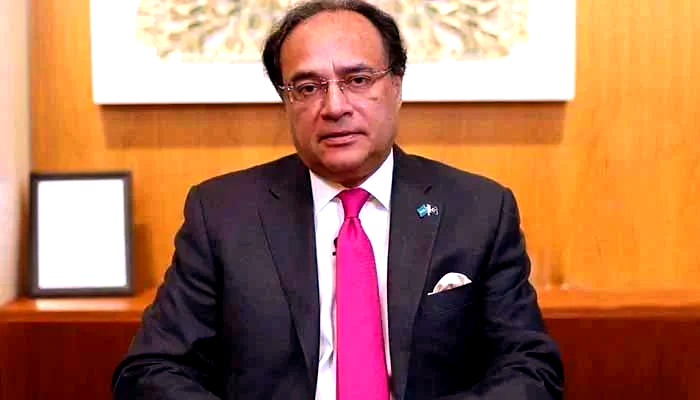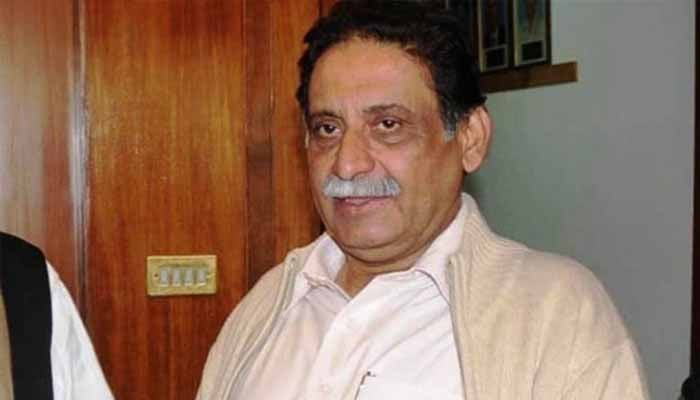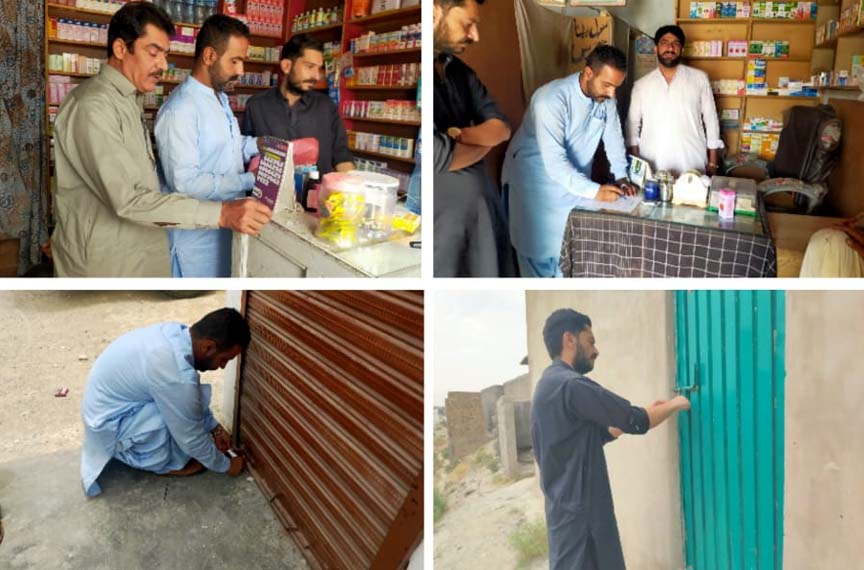Finance Minister Aurangzeb Optimistic About Economic Recovery, Foresees $35 Billion Remittances by Year-End

Islamabad:Federal Finance Minister Muhammad Aurangzeb** has expressed confidence that the business community’s trust in Pakistan’s economy is increasing. He forecasted that **remittances** would exceed **$35 billion** by the end of the current financial year.
Speaking at a meeting of the **Economic Coordination Committee (ECC)**, Minister Aurangzeb highlighted that the country was on track to achieve significant milestones in economic stability. He mentioned that Pakistan would soon have **foreign exchange reserves** equivalent to **three months of exports**, and the positive impacts of **macroeconomic stability** would soon be visible in the real economy.
He also pointed out that Pakistan’s **current account surplus** was at its highest level in **10 years**, and inflation had dropped to a **6-year low**. These developments, he said, were crucial for the country’s economic recovery and long-term growth.
Addressing concerns about rising food prices, the finance minister emphasized that the government was taking the **increase in food prices** seriously. Despite a global decrease in the prices of **chicken**, **lentils**, and **fuel**, prices of **lentils** and other essential food items were rising locally. According to Aurangzeb, the main culprits behind this price surge were **middlemen**, who were exploiting supply chains and increasing costs.
In a statement following the **ECC meeting**, it was mentioned that the reduction in the prices of essential goods, such as **flour**, **chili**, **diesel**, **petrol**, **lentils**, **onions**, and **sugar**, had provided much-needed relief to the public.
The **Ministry of Finance** also stressed the need for **sustained efforts** to maintain economic stability. In particular, investments in **agriculture**, **manufacturing**, and **infrastructure** would be ramped up to ensure long-term growth and job creation.
Minister Aurangzeb’s remarks reflect the government’s focus on stabilizing the economy and addressing inflationary pressures while encouraging investment across key sectors.






